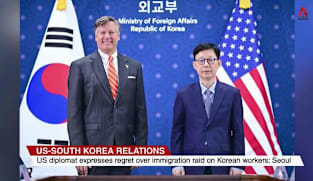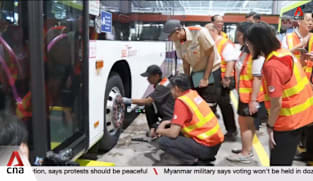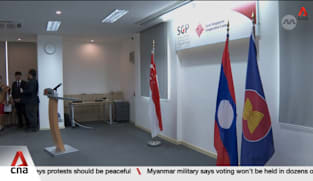Liang Eng Hwa on Energy Transition Measures and Other Amendments Bill
Centralising gas procurement for Singapore’s power sector is one of the key provisions of a Bill put up for debate in Parliament on Monday (Sep 9). This involves setting up a centralised procurement company, Gasco. The scale it offers as sole procurer would allow negotiation for more favourable terms, better achieve supply-source diversification and ensure the overall needs of the country are met. However, it may also result in the locking in of longer-term gas contracts to secure supply and mitigate price volatility, which could cost more than spot-price or short-tenure contracts. Making the point, MP Liang Eng Hwa said the determination of the unit price of gas will become more complex and less transparent. He asked how the Energy Market Authority (EMA) will continue to ensure price transparency and how it will determine the transfer price between Gasco and power generation companies (gencos). The Bill also allows EMA to order power rationing during an emergency. Mr Liang said more public engagement and education is needed for people to understand what is involved and how to be prepared. Businesses may also need some legal cover from potential liability as power rationing could impact their ability to fulfil contractual obligations, he said. Finally, on a proposed S$5 billion Future Energy Fund, Mr Liang asked for details of its mandate, terms and investment criteria, as well as the approval process and governance. He also wanted to know if it will cover investments in nuclear energy, should that become feasible.
Centralising gas procurement for Singapore’s power sector is one of the key provisions of a Bill put up for debate in Parliament on Monday (Sep 9). This involves setting up a centralised procurement company, Gasco. The scale it offers as sole procurer would allow negotiation for more favourable terms, better achieve supply-source diversification and ensure the overall needs of the country are met. However, it may also result in the locking in of longer-term gas contracts to secure supply and mitigate price volatility, which could cost more than spot-price or short-tenure contracts. Making the point, MP Liang Eng Hwa said the determination of the unit price of gas will become more complex and less transparent. He asked how the Energy Market Authority (EMA) will continue to ensure price transparency and how it will determine the transfer price between Gasco and power generation companies (gencos). The Bill also allows EMA to order power rationing during an emergency. Mr Liang said more public engagement and education is needed for people to understand what is involved and how to be prepared. Businesses may also need some legal cover from potential liability as power rationing could impact their ability to fulfil contractual obligations, he said. Finally, on a proposed S$5 billion Future Energy Fund, Mr Liang asked for details of its mandate, terms and investment criteria, as well as the approval process and governance. He also wanted to know if it will cover investments in nuclear energy, should that become feasible.



















